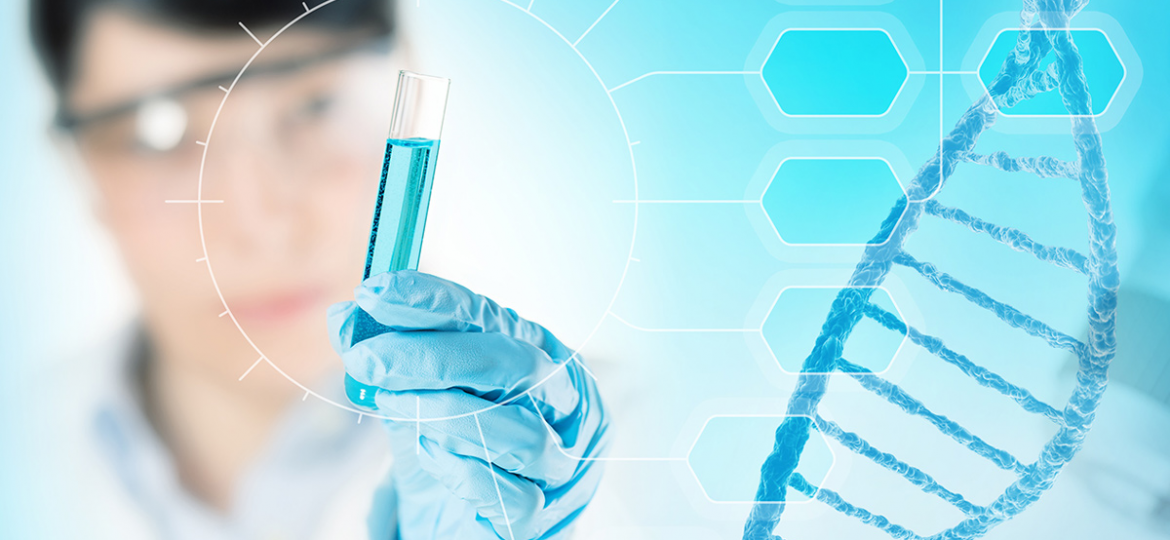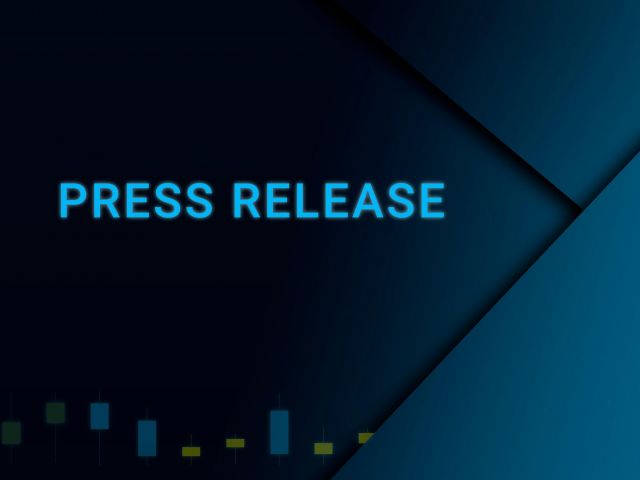
Insight by: Jon Warner, Executive Chair of Citizen Health Strategies (CHS)
Precision health is an emerging approach for better health, improved disease treatment, and even more personalized drug delivery, when needed. This is rendered to be possible by an increasing emphasis on prevention that takes into account individual variability in genes, environment, and lifestyle for each person. This approach will enable doctors and researchers to predict more accurately which prevention and treatment strategies for a particular disease will work best for each individual. Precision health combines advances in genomics, artificial intelligence and machine learning to develop highly personalized plans and approaches to help people live healthier lives. Looking ahead, precision health has the potential to revolutionize healthcare and empower individuals to increase their longevity and healthspan.
In recent years, genomics has been the key driver of the precision health revolution. The cost of whole genome sequencing has dropped dramatically in recent years, making it feasible for large numbers of people to map their entire genetic code. On a limited scale, genome sequencing is already being used clinically for diagnosing rare genetic diseases and matching patients to targeted therapies, for example but this is likely to be used on a much more widespread basis in the near future.
As genomic data becomes more widely available, doctors will be able to use a person’s unique genetic profile to determine their risk for various diseases and customize screening and prevention plans. For example, those at high risk for certain cancers may be advised to start screening earlier or more frequently than average-risk individuals. Genomic data could also reveal genetic variants that influence how well a person metabolizes certain medications, allowing doctors to choose treatments less likely to cause adverse reactions.
In addition to genetics, lifestyle and environmental factors play a major role in health and disease. Precision health aims to gather detailed data on modifiable risk factors like diet, exercise habits, stress levels, sleep patterns, toxic exposures and more. Wearable devices, smartphone apps and at-home diagnostic tests are making it easier than ever to continuously monitor diverse health metrics outside of clinical settings. Integrating genomic data with comprehensive lifestyle and environmental data collected over many years will provide a multidimensional view of personal health that conventional medicine lacks. This wealth of longitudinal data will empower individuals to understand how their choices impact health outcomes and give doctors a more complete picture for guiding prevention and treatment plans.
The already significant and growing power of artificial intelligence is poised to revolutionize healthcare by analyzing the huge volumes of complex health data generated through precision health approaches. AI can discover patterns and correlations in data that are impossible for humans to detect on their own. By training algorithms on genomic, clinical, lifestyle and environmental information from millions of individuals, AI systems may be able to predict disease risk and progression much more accurately than current methods. AI will also play a key role in matching patients to optimal treatment strategies. As more data is collected, AI models will continuously learn and improve their ability to make personalized recommendations and support clinical decision making. Some AI applications already in use analyze medical images to detect diseases and monitor treatment responses over time. As data volumes grow exponentially, AI will become indispensable for precision health.
Naturally, a major goal of precision health is empowering people to take control of their well-being through lifestyle modifications. AI has great potential to support behavior change by delivering highly tailored health coaching and motivational programs. AI chatbots and virtual assistants could provide 24/7 guidance and encouragement to help individuals stick with healthy habits over the long term. By understanding someone’s complete health profile and preferences, AI coaches could adapt their approach based on an individual’s progress, challenges and changing needs. AI may even be able to predict moments when a person is most likely to lapse in their goals and intervene with timely, personalized messages of support. As AI coaches learn from vast amounts of longitudinal data, their effectiveness should increase steadily over time.
The convergence of genomics, AI and digital health monitoring heralds a future where precision health is accessible to all. However, significant challenges remain before this vision can be fully realized. One challenge is integrating the many different types and sources of health data into unified records and profiles. Data standards must be established to allow secure and private sharing of information between providers, payers, researchers and individuals. Widespread adoption of electronic health records, along with new technologies like blockchain, may help solve data interoperability challenges. Another hurdle is the need for much larger datasets to train highly accurate AI models. Longitudinal studies involving millions of participants will be needed to capture the full complexity of gene-environment interactions over decades.
As we know all too well in US healthcare in particular, regulatory frameworks and reimbursement models will need to adapt to support precision health approaches. For example, the FDA approval process for diagnostic tests and digital health tools may need streamlining to keep pace with innovation. And insurance reimbursement policies currently focus on treatment rather than prevention – a misalignment that precision health aims to correct. Overcoming these systemic barriers will require cooperation across industries, governments and international organizations. Significant investment is likewise needed to develop the computational infrastructure required to analyze and learn from petabytes of diverse health data. Addressing privacy and security concerns will also be paramount to ensure public trust in technologies that handle sensitive personal information.
If all these challenges can be surmounted, precision health has the potential to revolutionize how longevity and health are achieved. By 2050, precision health may enable early detection and prevention of up to 80% or even 90% of chronic diseases according to some estimates. Individuals will gain a much deeper understanding of their personal health risks and the specific lifestyle modifications most likely to extend their health-span. Precision nutrition approaches could help people optimize their diets for anti-aging based on genetic predispositions and metabolic profiles. Advanced AI coaching systems may support continuous lifestyle optimization over a lifetime. Gene therapies and other interventions may one day be able to reverse the biological effects of aging at the molecular level.
The ability to delay aging and prevent age-related diseases could significantly increase human health-spans and longevity. Some experts predict that the first person to live to 150 years old has likely already been born. By 2100, average life expectancy may approach 100-120 years in developed nations if progress in precision health, regenerative medicine and other anti-aging technologies continues unabated. Of course, longer lives will also depend on whether societies can address challenges like overpopulation, dwindling resources and ensuring all people have access to advanced healthcare. But if those issues can be resolved, precision health may finally fulfill the dream of enabling people to remain active and productive well into what is now considered an extremely old age.
In summary, precision health promises to usher in a new era of personalized, predictive and preventative healthcare driven by genomics, digital technologies and artificial intelligence. By gaining a multidimensional understanding of health down to the individual level, precision approaches aim to revolutionize how diseases are diagnosed, treated and prevented. With continued progress, precision health may enable people worldwide to live much longer, healthier lives by empowering them to optimize lifestyle factors and catch diseases early through highly customized plans. It may even render any drugs needed to be provide on a much more customized and targeted basis. While significant challenges remain, the convergence of these technologies over the coming decades could transform aging and longevity outcomes in ways previously considered impossible. Precision health holds tremendous potential to increase both the quantity and quality of human life for generations to come.




